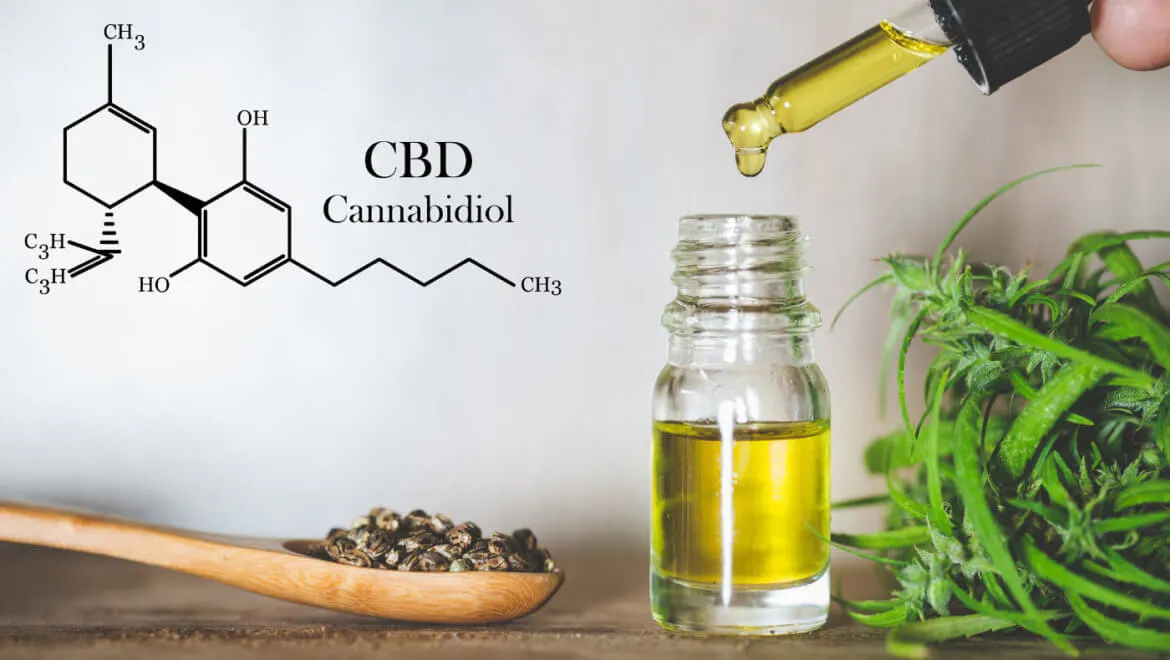Disclosure: This post may contain affiliate links, meaning we get a commission if you decide to make a purchase through our links, at no cost to you. Please read our disclosure for more info.
CBD has taken cannabis use to the mainstream. Cannabis users are coming in all shapes and sizes thanks to the latest health craze. Now users looking to benefit from the potential medicinal properties of cannabis can turn to CBD, the non-intoxicating cannabinoid found in hemp. Buying CBD for the first time can be intimidating. One of the first hurdles to overcome is what spectrum to choose.
If you are new to the world of CBD oil, you will come across the terms: full spectrum, broad spectrum, and CBD isolate. These types of CBD are very important to understand especially if you are concerned about taking THC.
Many people are turned off by THC. Some don’t want the high, others have been programed to believe that THC users are all losers, and others have a job that requires them to pass frequent drug tests.
In This Post:
Cannabinoids and Terpenes
The first thing to understand about CBD and all cannabis products is cannabinoids and terpenes. CBD and THC are both cannabinoids. They are two of the over 100 known chemical compounds that come from the cannabis plant.
Terpenes are also chemical compounds. However, these important compounds are not exclusive to cannabis. All plants contain terpenes. They are responsible for smell and some of the believed medicinal properties of plants.
Types of CBD Oil
Full Spectrum – Whole plant CBD extract containing all the cannabinoids and terpenes from the original hemp plant. This includes THC. CBD oil sold online must contain under 0.3% THC to be federally classified as hemp.
Broad Spectrum – This is full spectrum minus the THC. In the extraction process, the lab keeps the CBD along with other cannabinoids and terpenes but keeps out the THC.
CBD Isolate – Pure CBD. Isolate is exactly how it sounds, isolated CBD.
CBD Full Spectrum Vs. Isolate
Many users believe that the benefits of CBD are maximized by the presence of other cannabinoids and terpenes. This is supported in studies done with whole plant CBD extracts; however, the studies usually feature significant amounts of THC. Not much research has been done using the trace amount of THC combined with CBD.
Anecdotal testimony by cannabis users will tell you that full spectrum is better than CBD isolate. I believe it is best determined by the individual user to determine what works best for them. Full spectrum is much more expensive and may not be worth double or triple the price of isolate for a user.
Those concerned with failing a drug test for THC need to avoid full spectrum. While the amounts of THC are very low if the product is considered to be derived from hemp, consistent use will most likely trigger a positive UA (urinal analysis).
Broad Spectrum Vs. Full Spectrum
For those who believe in the entourage effect, but are concerned about consuming THC, broad spectrum is the answer. In fact, it was developed especially for you. A good broad spectrum oil will contain other cannabinoids such as CBN, CBG, and CBDA along with beneficial terpenes.
Buyers need to check the lab tests. While it is true that these other cannabinoids and terpenes are present in broad spectrum extracts, they may be in minuscule amounts. It is not easy to develop an extract featuring significant amounts of other cannabinoids and terpenes. The user must decide for themselves if it’s worth the extra cost for trace amounts of chemicals.
Understanding these terms is essential to becoming an educated CBD oil consumer. As more research is done, other cannabinoids are coming to light. CBDA oil and CBG oil are new products being considered by cannabis companies.
It’s important to keep up with the latest trends to fully grasp what is going into our bodies. Knowing what spectrum to choose is a vital step to be a knowledgeable cannabis user.

